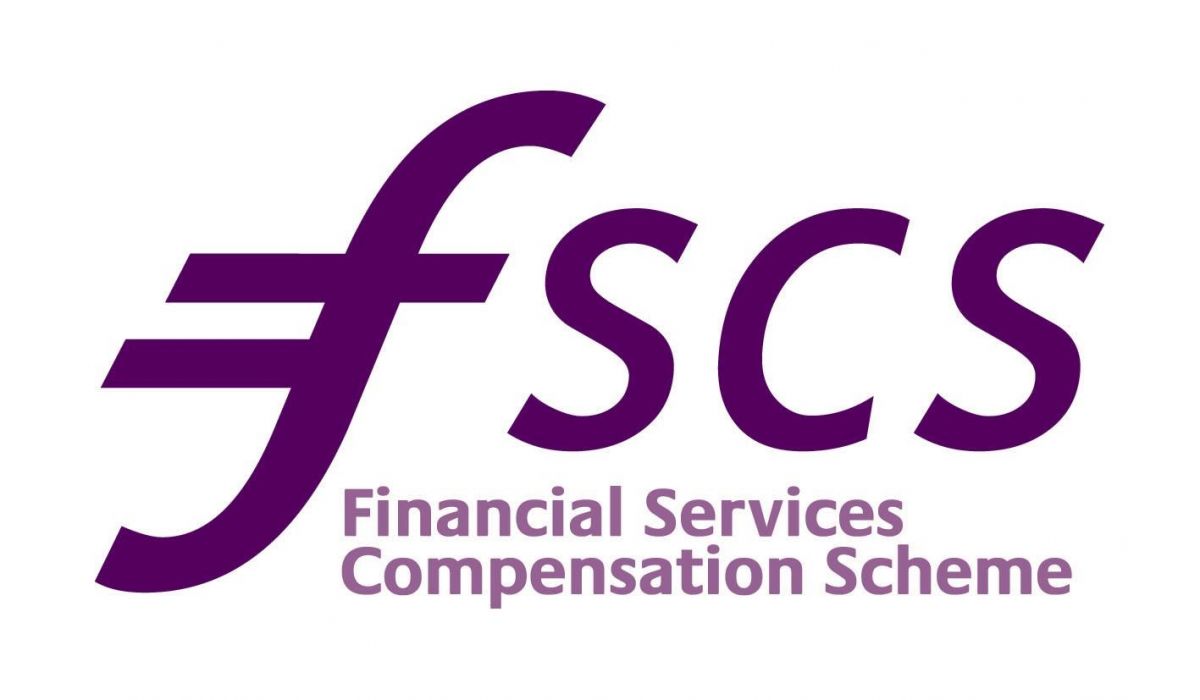The Financial Services Compensation Scheme (FSCS) has announced a £38m reduction in the total levy payable by firms for the 2025/26 financial year.
The annual levy will now total £356m, marking a decrease from £394m in the forecast the FSCS made in its November outlook.
Estimates from the FSCS have indicated that it expects to pay £332m in compensation to customers during 2025/26, a total £36m lower than previously forecast.
In 2024/25, the FSCS successfully recovered more than £56m, which was higher than initially forecast, and the scheme announced that these recoveries had directly helped to reduce the levy.
The FSCS revealed that the movement between its November forecast and the confirmed levy amount today was due to lower compensation costs now forecast in the life distribution and investment intermediation (LDII) class and the level of recoveries made. All other classes remained broadly in line with its predictions.
FSCS chief executive, Martyn Beauchamp, said: “In 2024/25 we had another strong year of recoveries, recouping more than £56m from the estates of failed firms and relevant third parties. This led to higher opening balances carried forward from 2024/25 in certain classes. These recoveries put money back into the financial services sector and to the customers who use it, helping to build trust and confidence in the sector.
“We have now fully transitioned to our new claims service operating model. We delivered a high volume of customer claim decisions last year while maintaining our strong customer satisfaction and quality scores, and our aim is to continue this combination of deep purpose and high performance through the 2025/26 financial year.”
The move to cut the levy was welcomed by investment management and financial advice trade association PIMFA, which praised the “positive progress” made in increasing recoveries to help reduce the levy burden.
Head of Public Affairs at PIMFA, Simon Harrington, added: “These recoveries not only ease the financial burden on firms that operate responsibly but also enhance consumer confidence in the framework itself.
“As we continue to engage with the FSCS, we remain committed to further reforms that move us closer to a genuine ‘polluter pays’ model that offsets the costs of failure through fines and penalties on bad actors and not those who consistently act in the best interests of their clients.”
Latest News
-
Residential property transactions fall 24% month-on-month
-
Later life lending loans jump 5.1% in Q4 2025
-
Mortgage Awards 2026: Winners announced
-
FCA outlines proposals to close gaps in borrowers’ credit files
-
St. James’s Place closes 2025 with record FuM
-
Average LTV on UK mortgaged home drops to 59% – IMLA
Mortgage Advice Bureau and AI in the mortgage sector
Chief executive officer at Mortgage Advice Bureau, Peter Brodnicki, and founder and managing director at Heron Financial, Matt Coulson, joined content editor Dan McGrath to discuss how Mortgage Advice Bureau is using artificial intelligence to make advancements in the mortgage industry, the limitations of this technology and what 2026 will hold for the market
Perenna and the long-term fixed mortgage market

Content editor, Dan McGrath, spoke to head of product, proposition and distribution at Perenna, John Davison, to explore the long-term fixed mortgage market, the role that Perenna plays in this sector and the impact of the recent Autumn Budget
NEW BUILD IN FOCUS - NEW EPISODE OF THE MORTGAGE INSIDER PODCAST, OUT NOW

Figures from the National House-Building Council saw Q1 2025 register a 36% increase in new homes built across the UK compared with the same period last year, representing a striking development for the first-time buyer market. But with the higher cost of building, ongoing planning challenges and new and changing regulations, how sustainable is this growth? And what does it mean for brokers?
Does the North-South divide still exist in the UK housing market?

What do the most expensive parts of the country reveal about shifting demand? And why is the Manchester housing market now outperforming many southern counterparts?
In this episode of the Barclays Mortgage Insider Podcast, host Phil Spencer is joined by Lucian Cook, Head of Research at Savills, and Ross Jones, founder of Home Financial and Evolve Commercial Finance, to explore how regional trends are redefining the UK housing, mortgage and buy-to-let markets.
In this episode of the Barclays Mortgage Insider Podcast, host Phil Spencer is joined by Lucian Cook, Head of Research at Savills, and Ross Jones, founder of Home Financial and Evolve Commercial Finance, to explore how regional trends are redefining the UK housing, mortgage and buy-to-let markets.
© 2019 Perspective Publishing Privacy & Cookies











Recent Stories